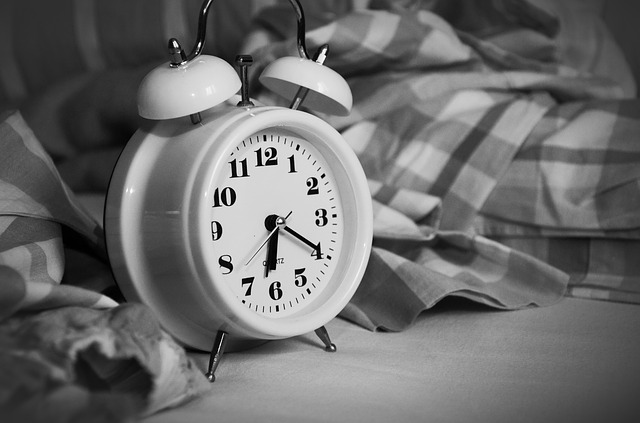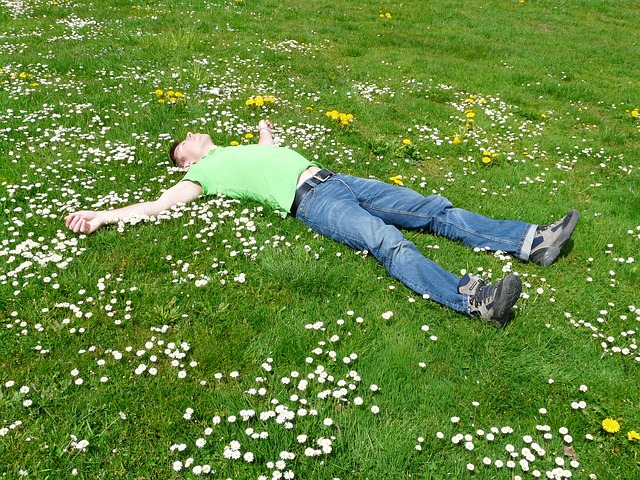Insomnia is an irritating phenomenon that affects most people at some point in their lives. For most people, insomnia is simply a brief period of difficulty sleeping.
While this can be quite troubling, it usually tends to go away by itself. However, if insomnia doesn’t resolve itself quickly, it can become a real problem.
People experiencing prolonged periods of insomnia might find that they’re constantly tired during the day, feeling unrefreshed and ultimately unproductive. They may also become quite irritable because of this – after all, who doesn’t get a little annoyed when they’re feeling tired!

In these cases, people are recommended to seek help for their insomnia to resolve the situation as quickly as possible. Whilst there are many medicines on the market for insomnia, it’s always best to try a natural approach if you can. So, let’s discuss the best natural remedies for insomnia now.
Natural ways to remove insomnia FAST (list)
1: Talk it through with a counselor
Insomnia is a psychological problem, and as with any problem of this nature, talking can be a fantastic medicine. You can talk about your issues with friends and family, or seek out the help of an expert. Your family doctor should be able to help you in the first instance.
Your doctor might discuss what’s currently happening in your life, as your insomnia could be down to increased pressure at work, massive responsibilities or financial difficulties. A lot of insomniacs cite stress as a major cause of their sleeping difficulties. And it’s no wonder, because when we’re stressed our minds and bodies are under so much pressure that they simply don’t know when to switch off. Even if we’re totally exhausted!
If talking does not ease your problem, your doctor might recommend that you see a sleep specialist. They could refer you for further sleep tests to monitor your behavior, or to a counsellor to discuss any problems you might be experiencing which have the potential to negatively affect your sleep, such as depression or anxiety.
2: Relaxation Training
One of the best ways to combat insomnia is by re-teaching your body and mind to relax. It’s possible that you’ve been under so much pressure and stress, for such a long time, that your body no longer knows how to shut down and become calm. Relaxation training is a great way to get your body back into the habit of relaxing, because you definitely can’t sleep if you’re not able to relax first!

You could try progressive muscle relaxation to start your road to relaxation training. In this exercise, a person will tense and relax certain muscles in succession. The simple act of focusing your mind on what’s going on with your muscles can in itself cause you to relax, as you’ll no longer be combating the anxiety of your own negative thoughts.
Other relaxation techniques include breathing exercises, guided imagery, meditation and mindfulness. Simply exercises such as colouring in are great ways to practise mindfulness. You just need to occupy your mind with a simple, repetitive task that takes your brain into a relaxed and calm state.
3: Stimulus Control
Many people use their bedrooms as much more than simply a place to sleep. Perhaps you’ve got into the habit of working in bed, or you often stay up late to watch films and read in the bedroom.
These are habits you’ll need to break if you want to effectively combat your insomnia problems. Stimulus control is a technique whereby you remove all stimulus from your bedroom, to really cut the connection between wakefulness and your sleeping environment.
Similarly, it’s important when trying this technique that you only go into your bedroom when you’re feeling really tired. If you’re struggling to sleep, get up and leave the bedroom. That way your brain will start to recognise the bedroom as a room where it sleeps – and only sleeps!
4: Cognitive Behavioural Therapy
Behavioural changes which you force yourself to learn are called cognitive behavioural therapy. This can be a great way to battle insomnia. When you try cognitive behavioural therapy you’ll find that you can completely alter the way your brain works, which can be amazing for those struggling with their sleep patterns.
As discussed, getting out of bed and leaving the bedroom when you’re not able to sleep can trick your brain into only associating the room with sleep.
This is a type of cognitive behavioural therapy. This therapy is an active therapy, where the brain is taught to think about things a different way. When we try this we can change the unhealthy, negative thoughts we might have around our sleep, replacing these damaging thoughts with more positive, beneficial ones.
Cognitive behavioural therapy can be undertaken with the guidance of a trained counsellor, but it’s also possible to try free online courses if you’re not able to seek professional help for your insomnia. So, this is a great natural option and one which any insomnia sufferer should definitely consider.
5: Meditation
Mindfulness and meditation are both hugely powerful natural tools in the battle against insomnia. Mediation in particular is a great way to calm your racing thoughts and trick your brain into entering a relaxed state, ready for sleep to occur.
It’s best to begin by focusing on your breathing, bringing your attention to the present. That way, your brain won’t be tempted to think about the things which might have been concerning you, causing your body to flood with the stress hormones that’ll make sleep impossible for you.
If you really want to make the most of the power of meditation, it’s important to practise it regularly.
Just like any skill, it takes time to perfect the art of meditation. So, if at first it seems unnatural and difficult, don’t be dissuaded. Keep trying and you’ll find that the power of meditation comes more naturally to you.

If you practise mindfulness for short periods during the day you’ll find that your meditation in the evening becomes much more effective, and you’ll soon find yourself drifting off to sleep more and more easily. Just 20 minutes of mindfulness training every day can have a huge impact, so make time for this short exercise every day and we can guarantee you’ll experience great results before long.
If you want to try meditating to help you get to sleep, first begin by choosing something to focus on. This can be your breath, a chanting noise or a positive phrase or feeling. Don’t allow your mind to think about anything else.
Then, you just need to relax and let your body enter the trance-like state of meditation. If your mind wanders, don’t worry. Just bring it back to the point of focus you began with and continue your meditation until you reach a relaxed state. This could really hold the key to ending your battle with insomnia, once and for all!
Ready to give our natural insomnia remedies a try?
We hope you’ve found our tips useful! If you’re struggling with insomnia, make sure you try these natural remedies, they’re all proven to be hugely effective in the battle against what can be a really debilitating condition. Don’t just suffer in silence, take control of your sleep and before long you’ll find that you’re waking up feeling refreshed and ready to conquer the world.
More quick cures for insomnia
Here are some useful things you can use to get rid of insomnia FAST:
- A simple technique you can use to remove insomnia within a few nights. A really useful course and an unexpected idea.
- Valerian root: This is said to help people who suffer with insomnia to sleep better. Do your own research before using this of course.
- Melatonin: This hormone is said to help you sleep better when taken in small doses.
Stopping insomnia infographic
We’ve created a useful little infographic to show you how you can remove insomnia from your life! If you want to share this on your site or social media, please link back to https://howtolucid.com as the original source.




